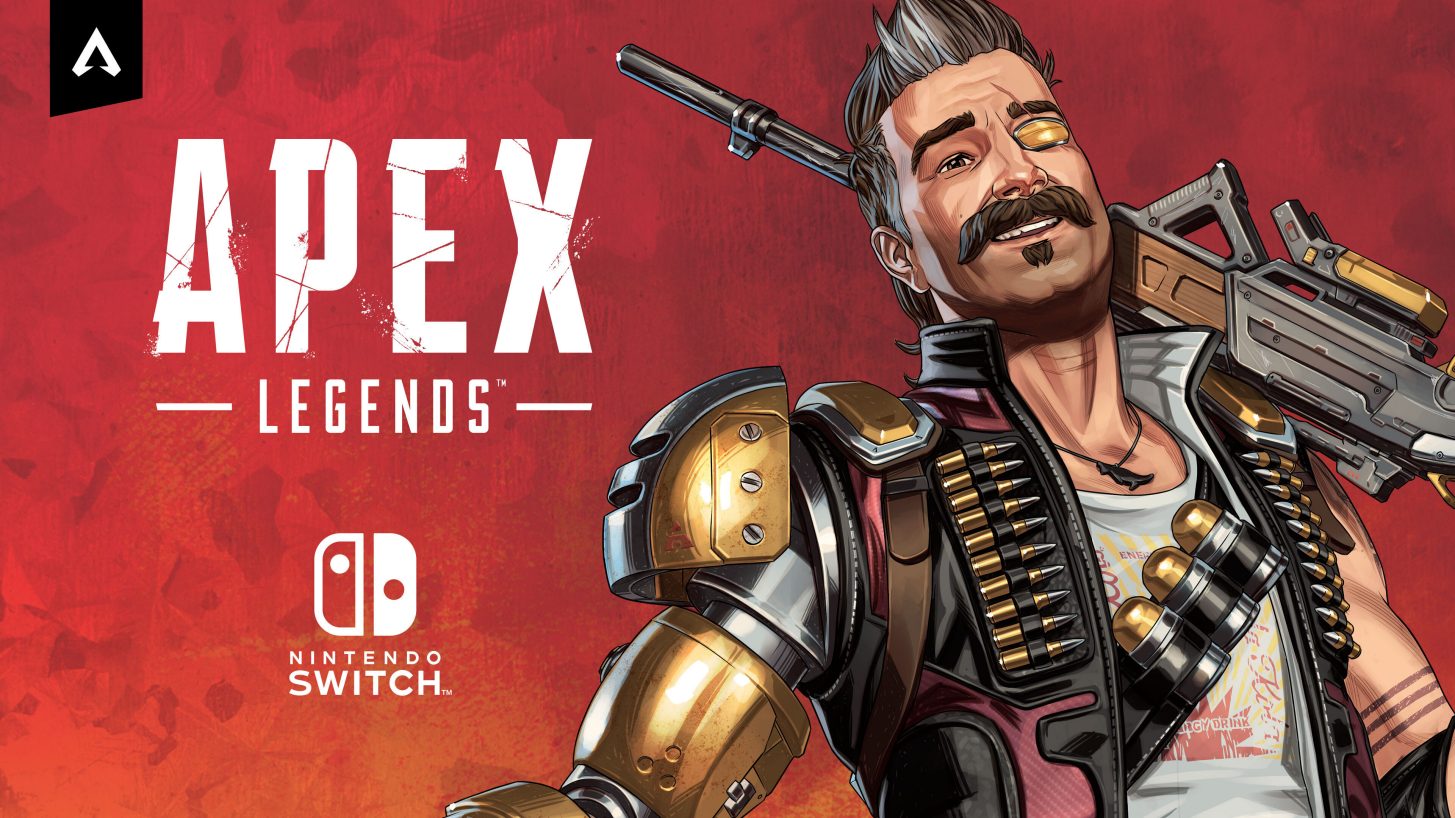Electronic Arts (EA), a global powerhouse in the video game industry, has promoted its embrace of artificial intelligence as a cornerstone of its future game development strategy.
Last year, EA publicly outlined its vision for integrating generative AI into its creative and technical pipelines, culminating in a significant partnership with Stability AI aimed at creating advanced generative models, tools, and workflows.
These initiatives are intended to support EA’s developers and artists as they push the boundaries of popular gaming franchises and new intellectual properties across platforms like PlayStation, Xbox, PC, and Nintendo Switch. However, as major gaming studios increasingly adopt AI-driven technology to gain a competitive edge, EA's internal efforts have recently come under scrutiny.
According to a report from Business Insider, which cites sources familiar with the company's internal operations, EA’s proprietary AI chatbot, known as ReefGPT, has not delivered the efficiencies management had hoped for.
Instead, evidence suggests that ReefGPT has contributed to mounting frustration among EA’s development staff. Developers speaking on condition of anonymity detailed how ReefGPT often produces faulty or incomplete code, ultimately requiring more manual oversight and correction.
This negates the time-saving advantages that generative AI is supposed to provide.
Furthermore, multiple sources described a tendency for ReefGPT to "hallucinate"—the industry term for generating inaccurate or irrelevant content—a well-recognized limitation of current generative AI systems.
As a result, EA’s programmers have found themselves redoubling efforts to vet and repair AI outputs, straining their already demanding workloads. Beyond technical issues, there's a climate of uncertainty and low morale brewing within EA offices.
Employees have voiced concerns that growing reliance on AI tools could diminish job security, especially in light of recent company developments.
Earlier this year, EA was acquired for $55 billion by a consortium including the Saudi Arabia Public Investment Fund (PIF), Silver Lake, and Affinity Partners, raising questions about the company's future direction and workforce priorities. According to statements provided to Business Insider, while AI can be a powerful tool in automating routine tasks or brainstorming creative ideas, it is no replacement for the nuanced expertise and collaborative effort offered by human designers, artists, and programmers.
The inefficiencies observed with ReefGPT highlight the ongoing challenges of deploying generative AI at scale within high-stakes development environments. Interestingly, not all gaming giants are moving in lockstep with these trends.
Nintendo, for example, has expressed reservations about implementing generative AI within its development cycle, a stance the company reiterated in communications last year.
Nintendo’s restrained approach stands in contrast to EA’s aggressive deployment, demonstrating a broader industry debate over the role of artificial intelligence in the creative process. As the game development community continues to explore the practical and ethical implications of AI integration, the experience with ReefGPT at EA serves as a cautionary tale.
The evolving story underscores that while innovative technologies promise efficiency and enhanced creativity, successful adoption depends on addressing technical limitations and maintaining clear communication—and confidence—among the people tasked with making great games.
Last year, EA publicly outlined its vision for integrating generative AI into its creative and technical pipelines, culminating in a significant partnership with Stability AI aimed at creating advanced generative models, tools, and workflows.
These initiatives are intended to support EA’s developers and artists as they push the boundaries of popular gaming franchises and new intellectual properties across platforms like PlayStation, Xbox, PC, and Nintendo Switch. However, as major gaming studios increasingly adopt AI-driven technology to gain a competitive edge, EA's internal efforts have recently come under scrutiny.
According to a report from Business Insider, which cites sources familiar with the company's internal operations, EA’s proprietary AI chatbot, known as ReefGPT, has not delivered the efficiencies management had hoped for.
Instead, evidence suggests that ReefGPT has contributed to mounting frustration among EA’s development staff. Developers speaking on condition of anonymity detailed how ReefGPT often produces faulty or incomplete code, ultimately requiring more manual oversight and correction.
This negates the time-saving advantages that generative AI is supposed to provide.
Furthermore, multiple sources described a tendency for ReefGPT to "hallucinate"—the industry term for generating inaccurate or irrelevant content—a well-recognized limitation of current generative AI systems.
As a result, EA’s programmers have found themselves redoubling efforts to vet and repair AI outputs, straining their already demanding workloads. Beyond technical issues, there's a climate of uncertainty and low morale brewing within EA offices.
Employees have voiced concerns that growing reliance on AI tools could diminish job security, especially in light of recent company developments.
Earlier this year, EA was acquired for $55 billion by a consortium including the Saudi Arabia Public Investment Fund (PIF), Silver Lake, and Affinity Partners, raising questions about the company's future direction and workforce priorities. According to statements provided to Business Insider, while AI can be a powerful tool in automating routine tasks or brainstorming creative ideas, it is no replacement for the nuanced expertise and collaborative effort offered by human designers, artists, and programmers.
The inefficiencies observed with ReefGPT highlight the ongoing challenges of deploying generative AI at scale within high-stakes development environments. Interestingly, not all gaming giants are moving in lockstep with these trends.
Nintendo, for example, has expressed reservations about implementing generative AI within its development cycle, a stance the company reiterated in communications last year.
Nintendo’s restrained approach stands in contrast to EA’s aggressive deployment, demonstrating a broader industry debate over the role of artificial intelligence in the creative process. As the game development community continues to explore the practical and ethical implications of AI integration, the experience with ReefGPT at EA serves as a cautionary tale.
The evolving story underscores that while innovative technologies promise efficiency and enhanced creativity, successful adoption depends on addressing technical limitations and maintaining clear communication—and confidence—among the people tasked with making great games.






